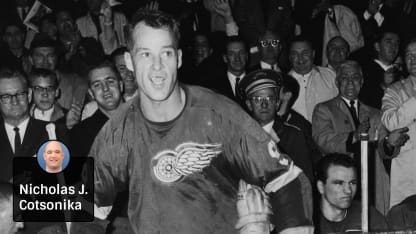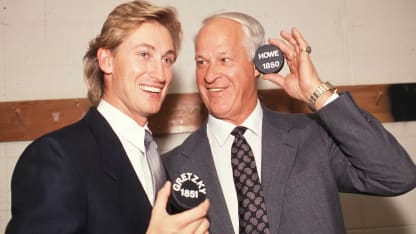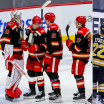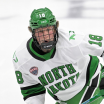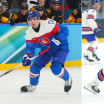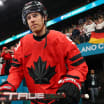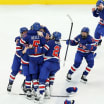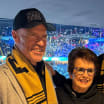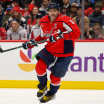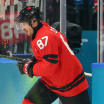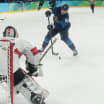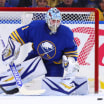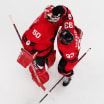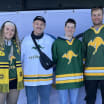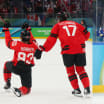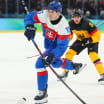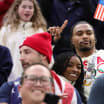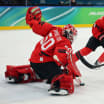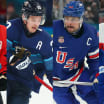Gordie Howe died Friday at age 88, but the legacy of "Mr. Hockey" lives on in the record books and in all those stories and photos he left behind. He was an icon chiseled onto hockey's Mount Rushmore, but he never acted like it. He was tough and vicious on the ice, but warm and gentle off the ice, with a wicked, witty sense of humor.
Where he came from shaped him as a player and person. He was born in Floral, Saskatchewan, and grew up in Saskatoon during the Great Depression as the sixth of nine children. He learned to skate on icy roads, backyard rinks, the Hudson Bay Slough and the South Saskatchewan River. He built his legs carrying pails of water to a house with no indoor plumbing, and his hands and arms by carrying 90-pound bags of cement to work.
His accomplishments were legendary. He played his first NHL game at 18 and his last at 52. In between, he had 801 goals and 1,850 points in the NHL, plus another 174 goals and 508 points in the World Hockey Association. Six times each, he won the Art Ross Trophy as the NHL's scoring champion and the Hart Trophy as the League's most valuable player. Four times, he won the Stanley Cup.
Bobby Hull was 10 when he first saw Howe. It was 1949, and he waited with his parents in the sleet and rain outside Maple Leaf Gardens so he could rush through the turnstiles and claim standing room behind the blues. Toward the end of the first period, Howe stepped over the blue line and snapped those thick wrists, and Leafs goaltender Al Rollins fished the puck out of the net behind him.
"Robert," Hull's father told him, "when you can shoot the puck like that, you can play in this League."
Hull got Howe's autograph after the game on a pack of his father's cigarettes.
"My inspiration," Hull once called him.
Wayne Gretzky was 11 when he met Howe. It was 1972, and he visited Howe at a hotel before a banquet that night. A photographer from Gretzky's hometown paper in Ontario, the Brantford Expositor, asked for a picture. Howe took a stick and put the blade around Gretzky's neck. It became a classic, one of the images Gretzky has been asked to autograph most often in the years since.
